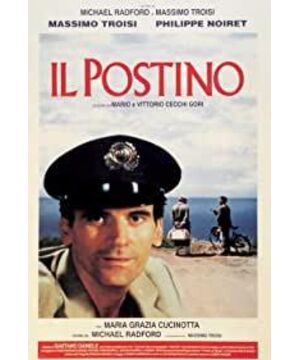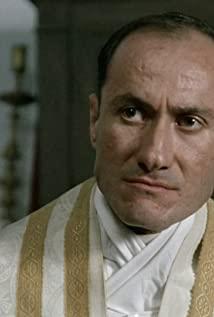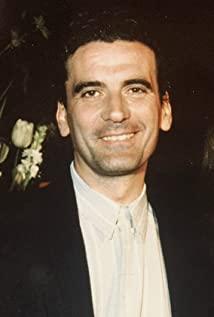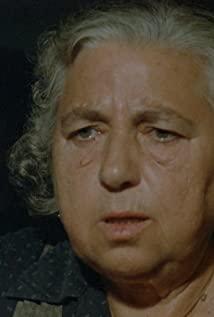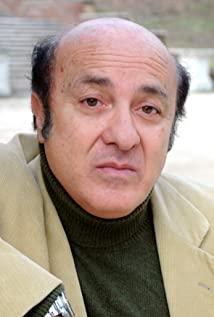"The Postman" is so beautiful, pure and healthy. Xun Mi imagines a short story that has been forgotten by history, outlines a few simple scenes, wise and concise dialogue, coupled with pure and beautiful music, Italians (but the director of this film seems to be from the United Kingdom?) can always come so easily and show humanity The bright and beautiful side. "Your smile is like a butterfly dancing wings" is a metaphor that makes the postman win Beatrice's heart; "Father's sad fishing net and the sad Virgin in the church..." is a metaphor that allows the postman to describe his beloved Small island. If you ask what Neruda taught the postman, it is a metaphor, expressing the inner touch and singing the splendor of nature. It is a metaphor that enriches the postman’s soul and realizes that the world is so wonderful...
Faulkner said that Bangui smelled the cold scent of the sun, and Balzac said that Mrs. Voguet’s character is sufficient to explain the contents of the apartment, as The apartment can hint at her character. Acheng said that the gorgeous buildings on both sides of Venice resemble women with excessive expressions. Needless to say, poetry, the random metaphors between the literary masters made me amazed and delighted.
But on the same day, I was also reading Robbergrie's "Jealousy" with my brows frowning. I gritted my teeth and cursed in my heart: "What is this? This is also called a novel?!" I read Gefei's "Jealousy" a year ago. "Fiction Narrative Research" analyzes his new novels brilliantly and has the urge to read. When I really picked it up, I knew why Grillet laughed at himself, "The literary world knows my name, but they don't read the books I wrote." After I couldn't stand him patiently counting the number of banana trees and chattering about centipedes, he fell asleep beautifully. When I got up, I miraculously turned "Jealousy" to the end, and I felt a sense of accomplishment. Thinking back, this headache-inducing novel is really worth chewing, and its dry and unbearable reading comes from its simple and cumbersome descriptive language without the slightest metaphor. Of course, this is Grillet's deliberate fiction strategy, aimed at frustrating the introduction of any poetry and pictoriality, and at the same time breaking off the narrative appeal.
What surprised me was that Grillet hated and opposed all beautiful metaphors for a while. "Once I accept this principle of bartering people, I will further talk about the sorrow of the landscape, the indifference of the rocks, and the ignorance of the coal barrels. These new metaphors do not add much weight to the objects I observe. The world of knowledge and things will be completely saturated with my feelings, so that it can contain any kind of feeling and any kind of characteristic. And I will forget that in fact it is myself who feel sad or lonely, and only It’s just myself; instead, I will regard these tragic factors as the deep reality of the material world, as the only reality worthy of my attention." ("Nature, Humanism, Tragedy") Obviously, Grillet is going to exile The metaphor is because, in his view, the world has exiled mankind, the "great narrative age" that Lukács proclaimed has long passed, and any personified metaphor in the materialized world has lost its meaning...
For such a shocking concept, Naturally, there is no agreement among the academic circles. I have no intention and power to judge it, but in one day I both appreciated the beauty of metaphors and saw the relentless criticism of metaphors, which is very interesting. From Foucault to Derrida to Grillet, watching the French unscrupulously challenge authority, there is always the feeling of "hearing thunder in a silent place", from the brain to the toes.
A series of surprising gains brought out my ignorance, and ignorance made the harvest so unexpected. This is probably the joy of reading and watching DVDs...
http://spaces.msn.com/members/cub18/
View more about The Postman reviews


